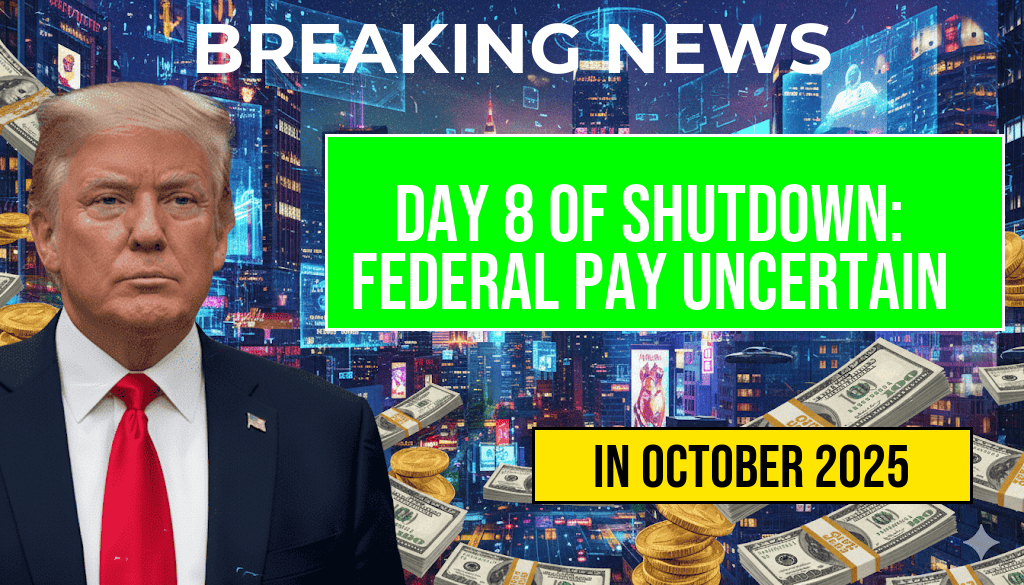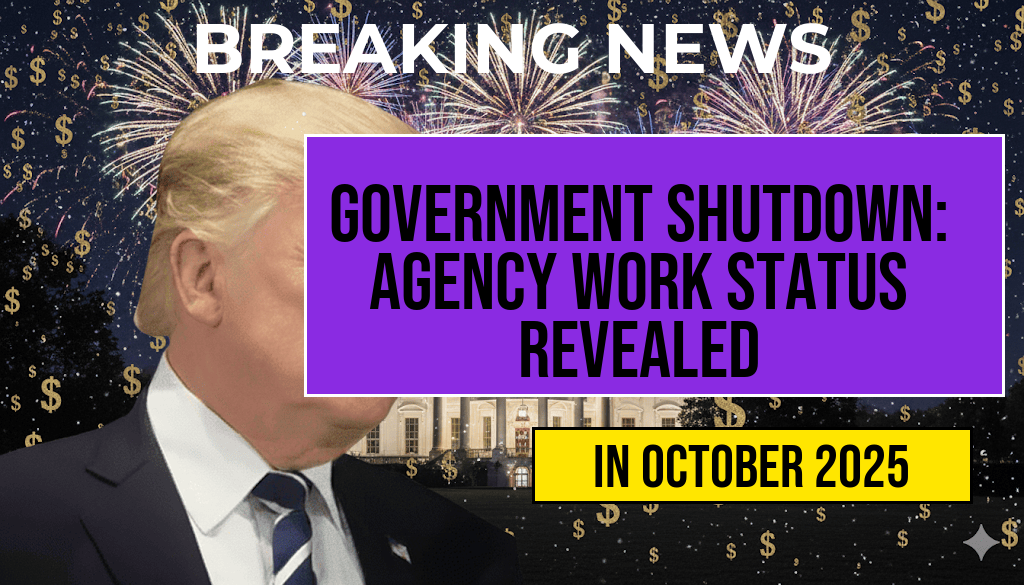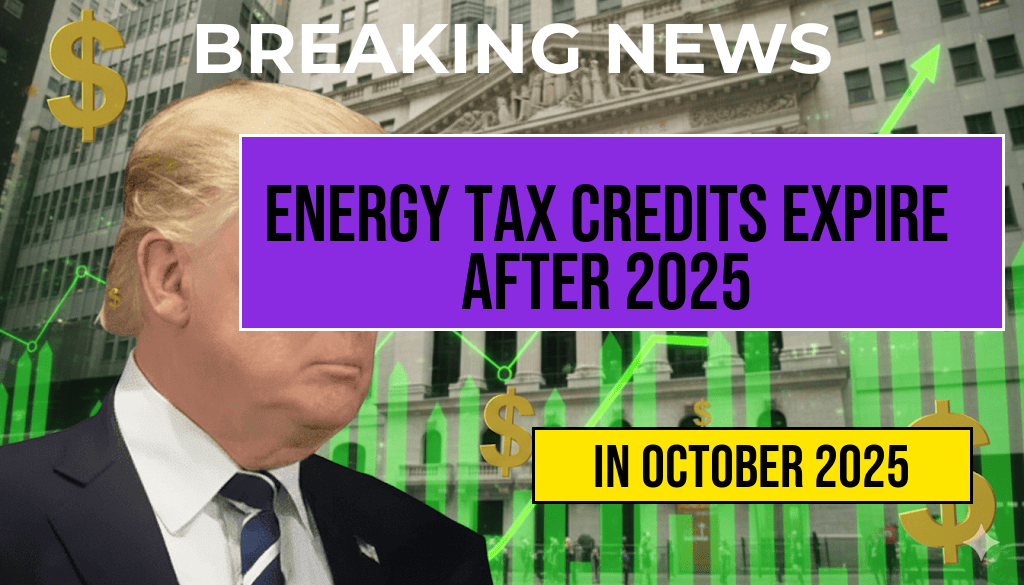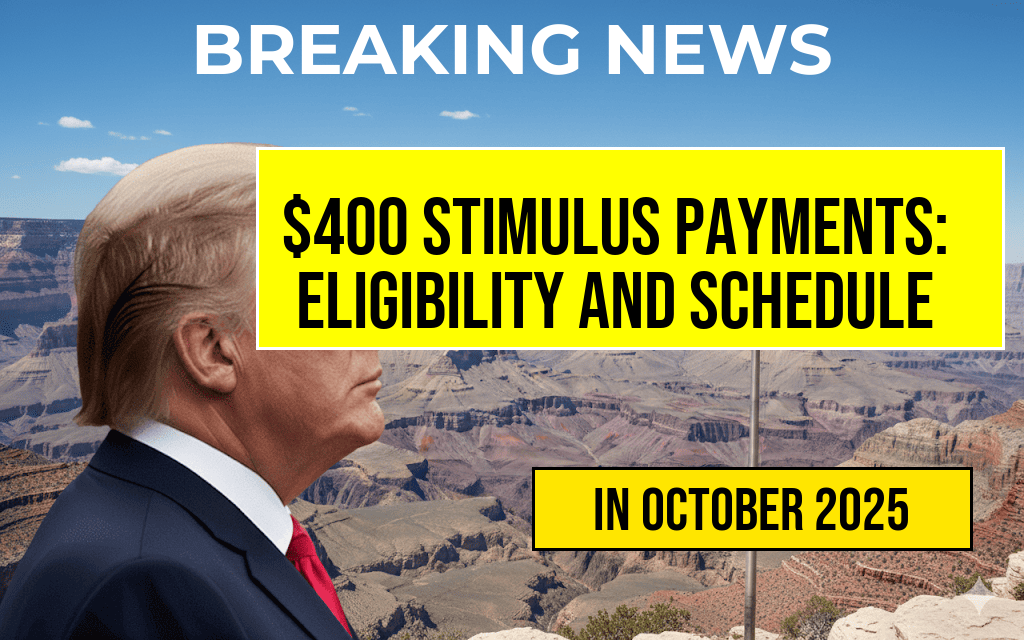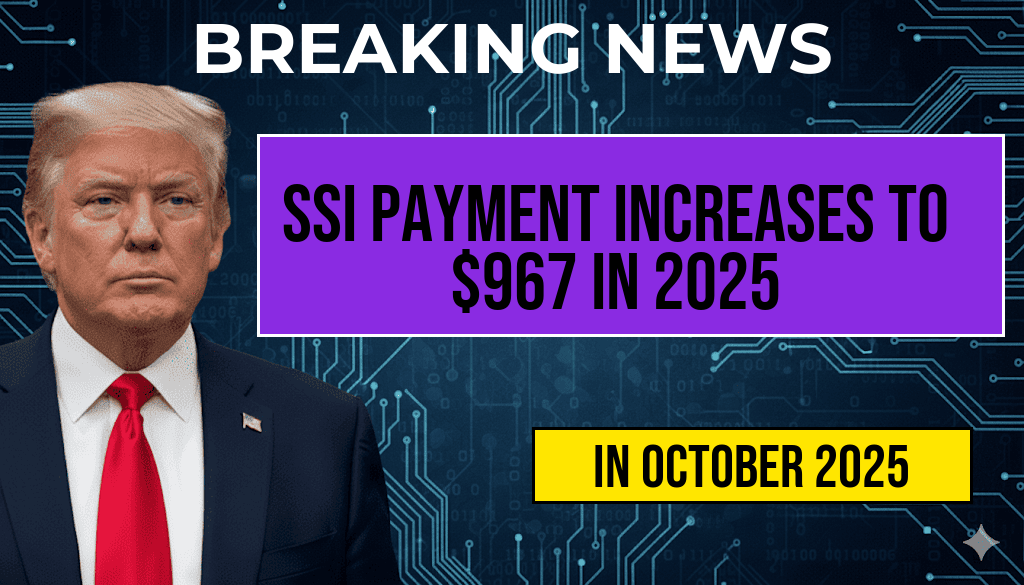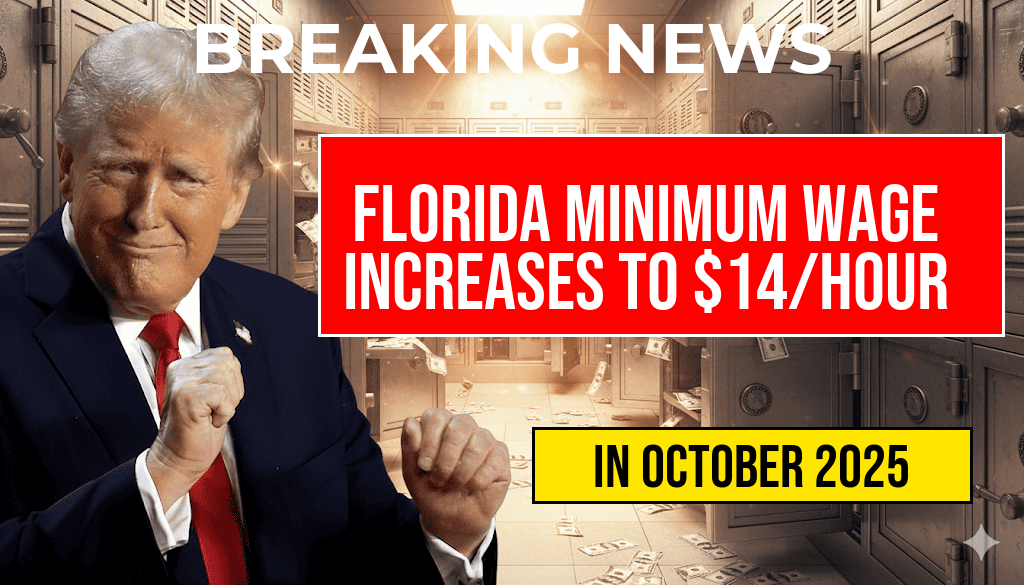The U.S. residential energy tax credits, which have significantly supported homeowners in adopting green energy technologies, are set to expire after 2025. These incentives have played a pivotal role in promoting solar panels, energy-efficient appliances, and other eco-friendly upgrades. As the deadline approaches, experts warn that the expiration of these credits could slow the momentum of the green energy transition, potentially leaving many homeowners with fewer financial options for sustainable investments. This article delves into the implications of this impending expiration and explores what it means for homeowners, the green energy market, and broader efforts to combat climate change.
Understanding Residential Energy Tax Credits
Residential energy tax credits were designed to encourage homeowners to invest in renewable energy systems and energy-efficient home improvements. These credits allow homeowners to receive a percentage of the installation costs back as a tax refund, making green upgrades more financially accessible. The most popular credits include:
- Solar Investment Tax Credit (ITC): Currently offering a 26% credit on solar system installations.
- Energy Efficiency Home Improvement Credit: A credit for energy-efficient upgrades such as insulation, windows, and doors.
- Residential Clean Energy Credit: Aimed at promoting the installation of wind energy systems, geothermal heat pumps, and other renewable sources.
The Impact of Expiration
As homeowners and contractors prepare for the expiration of these credits, the immediate concern is the potential slowdown in green energy adoption. The tax credits have been instrumental in reducing the upfront costs associated with renewable energy installations, making it feasible for average consumers to invest in sustainable technologies.
According to recent studies, the solar industry alone has witnessed exponential growth, largely attributed to these tax credits. The Solar Energy Industries Association (SEIA) notes that the U.S. installed a record 19.2 gigawatts of solar capacity in 2020, with projections indicating that a significant portion of this growth can be linked to tax incentives. Without these credits, many experts predict a sharp decline in installations.
Homeowners’ Reactions and Future Plans
Homeowners are increasingly aware of the impending expiration, leading to a surge in inquiries about solar energy installations and energy-efficient upgrades. Many are eager to take advantage of the current credits before they disappear. Local contractors report an uptick in requests for estimates and installations, as consumers rush to secure their savings.
However, the end of these incentives raises concerns about the long-term sustainability of the green energy market. Homeowners who may have planned to invest in energy efficiency may reconsider their options, potentially delaying projects until financial incentives are reintroduced or replaced. This uncertainty could hinder the progress made in reducing carbon footprints across the country.
Legislative Developments and Future Prospects
The expiration of residential energy tax credits has prompted discussions in Congress about the need for a more permanent solution to support renewable energy initiatives. Some lawmakers are advocating for the extension of these credits, arguing that consistent incentives are crucial for maintaining momentum in the green energy sector.
Environmental advocates emphasize the importance of these credits not only for homeowners but also for achieving national climate goals. The Biden administration has set ambitious targets for reducing greenhouse gas emissions and transitioning to 100% clean energy by 2035. However, the success of these initiatives may hinge on the availability of financial support for homeowners.
Alternative Incentives on the Horizon?
While the current residential energy tax credits are set to expire, there are discussions around potential replacements or new programs that could assist homeowners in making green upgrades. Some possibilities include:
- State-Level Incentives: Many states offer their own rebates and tax credits that could help offset costs.
- Utility Programs: Some utility companies have programs that provide financial assistance for energy efficiency improvements.
- Green Financing Options: Low-interest loans and other financing methods may become more prominent as homeowners seek alternatives.
Conclusion
The expiration of residential energy tax credits after 2025 poses significant challenges for homeowners and the green energy market. As the deadline approaches, many are left wondering how this will affect their plans for sustainable home improvements. With ongoing legislative discussions and a need for renewed incentives, the future of residential energy upgrades may still hold promise—but homeowners need to act swiftly to maximize their benefits before the credits fade into history.
For more information about energy tax credits and their benefits, visit SEIA or Energy.gov.
Frequently Asked Questions
What are the Residential Energy Tax Credits?
The Residential Energy Tax Credits are federal tax incentives designed to encourage homeowners to invest in renewable energy systems, such as solar panels, geothermal heat pumps, and energy-efficient home improvements.
Why are the Residential Energy Tax Credits set to expire?
The Residential Energy Tax Credits are set to expire after 2025 due to legislative changes and the conclusion of current funding allocations aimed at promoting green energy initiatives.
How will the expiration of these credits affect homeowners?
The expiration of the Residential Energy Tax Credits may lead to increased costs for homeowners looking to install renewable energy systems, as they will no longer receive tax benefits to offset their investment.
What can homeowners do before the credits expire?
Homeowners should consider planning and executing their renewable energy projects before the expiration in 2025 to take full advantage of the available tax credits and maximize their savings on energy costs.
Are there any alternatives to the Residential Energy Tax Credits after 2025?
While the Residential Energy Tax Credits may expire, homeowners can explore state-level incentives, utility rebates, and other financing options that may still support green energy investments.


